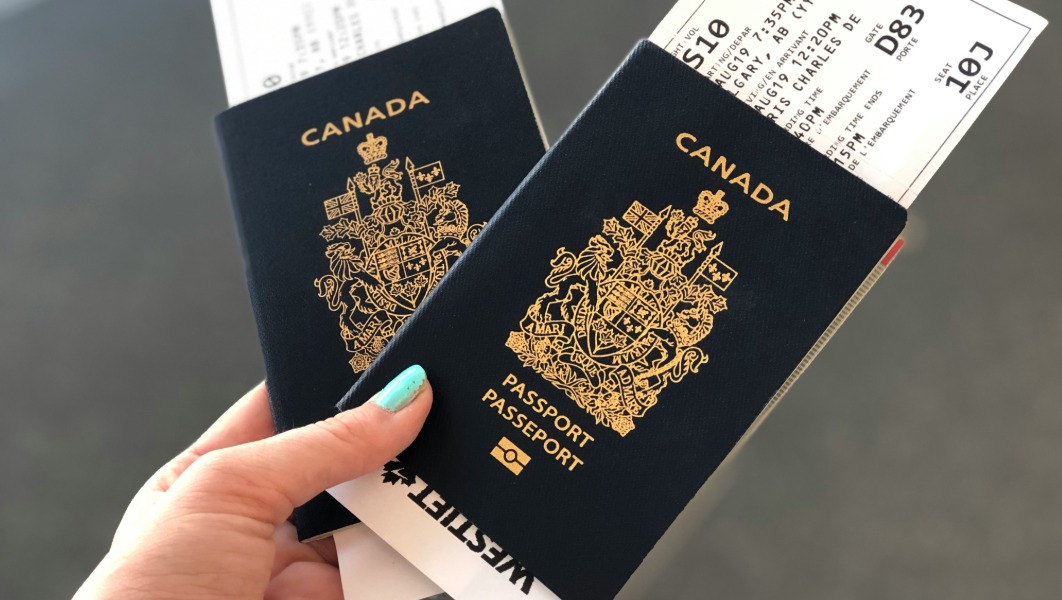Shock And Disappointment
IATA expressed shock and disappointment over the Ontario government’s proposal to more than double the province’s aviation fuel tax. That tax already costs Ontario travellers and shippers over $60 million annually. When fully implemented, the increase from 2.7 cents per litre to 6.7 cents per litre will add more than C$100 million per year to the cost of air transport in the province.
Tony Tyler, IATA director general and CEO, said: “At a time when the government is proposing to spend some $2.5 billion to attract businesses to Ontario, why make air connectivity more expensive? Businesses depend on cost-efficient air connections. So the proposal runs at cross-purposes to the initiative to attract new investment by making the province less competitive.”
Tyler pointed out that: “If implemented, this tax hike could literally drive travellers and shippers away from Ontario’s airports. Aviation is intensely competitive and air travellers and businesses have options to spend their dollars elsewhere, using nearby airports.”
And IATA’s boss noted that according to the Hotel Association of Canada’s Annual Travel Survey, already 17% of Canadian travellers crossed the border for less expensive tickets last year. For Ontario, the figure was 23%.
“Dollars and jobs are flowing south, away from Ontario, and this tax increase will only hasten the exodus,” he said.
Aviation in Canada contributes $42.3 billion or 2.8% of GDP and supports some 550,000 jobs including the benefits of aviation-supported tourism.
“Toronto Pearson is Canada’s busiest airport. Air travellers there are paying a heavy price for the government’s short-sightedness. Ontario should follow the example of British Columbia, which eliminated its provincial fuel tax, a step that helped Vancouver International Airport consolidate and strengthen its position as a leading transpacific gateway,” said IATA’s director general.
Taxing fuel for international flights (including trans-border flights) violates longstanding international agreements including the Chicago Convention.
Tyler said: “This tax hike is just wrong and must not be implemented. It makes no economic sense because it will be a blow to Ontario’s competitiveness at a time when job creation is a priority. Flouting ICAO standards and agreements sets a very bad precedent at a time when the Canadian government is calling on other governments to follow ICAO’s leadership in key areas such as the environment. And adding insult to injury for the travellers and shippers who will be affected, none of the planned increase is fuel tax will be invested in aviation.”
Go to http://www.iata.org .



